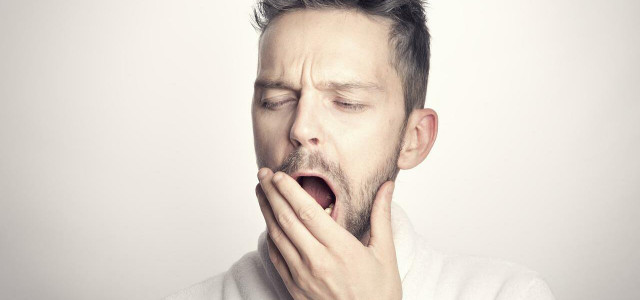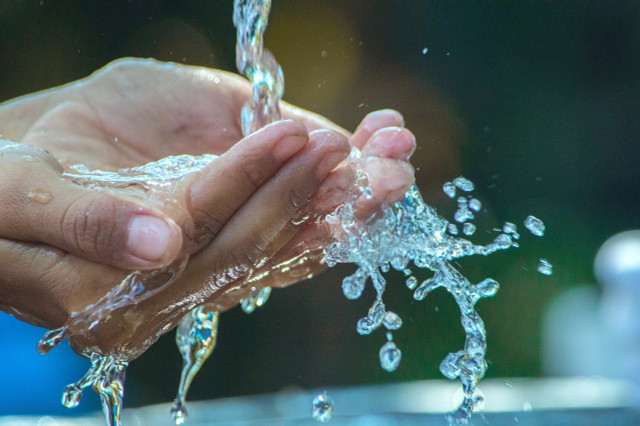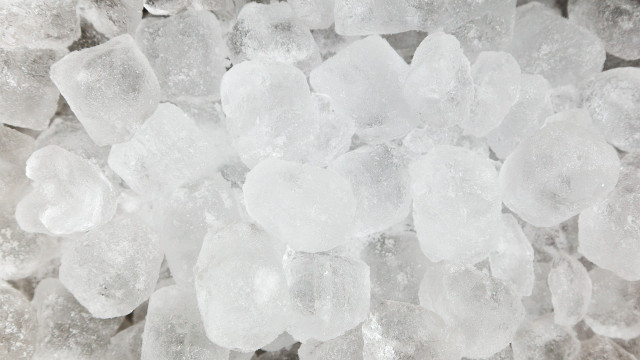
Heat can lead to fatigue because high temperatures put a strain on the body. Here are some tips to help you prevent heat-related fatigue.
There are many causes of fatigue. Heat is one of them. The high temperatures challenge our body because it has to adapt to the heat. However, its cooling mechanism ensures that we quickly feel exhausted, tired or listless.
There are a few tricks that can help your body handle the heat better. In this way you can prevent fatigue from heat and survive it well.
Fatigue in the heat: These are the causes

(Photo: CC0 / Pixabay / Claudio_Scott)
Our body is forced to constantly adapt to external conditions so that it can maintain its core temperature of around 37 degrees. This process is called thermoregulation. As the body adapts to the heat, fatigue can develop. At high temperatures, the following happens in the body:
- The body does not want to overheat.
- It therefore gives off heat by sweating.
- The blood vessels in the skin dilate.
- As a result, blood pressure drops.
- This also reduces the oxygen supply to the brain.
So, this cooling mechanism is associated with dehydration, low blood pressure, and lack of oxygen in the brain. All of this can make us tired and listless in the heat.
In addition, when it is hot, the body wants to avoid any additional strain from movement in order to prevent an increase in body temperature. That is why heat exhaustion occurs.
By the way: People with chronic diseases such as diabetes or cardiovascular disorders feel the weather changes and extreme temperatures particularly strongly. Particular caution is required here.
Here’s what you can do to combat fatigue when it’s hot

(Photo: CC0 / Pixabay / drfuenteshernandez)
If you’re feeling tired from the heat, there are a few things you can do. Basically, it is important to lead a healthy and balanced lifestyle so that your body remains adaptable to high temperatures.
Here’s what you can do specifically to prevent and counteract heat exhaustion:
- Drink lots of water. The body loses fluid through sweating. It is best to drink water at room temperature.
- get enough sleep If you get enough sleep at night, you will have more energy during the day, even in the heat.
- Breakfasts sufficient. After a balanced breakfast, your body stays awake and fit longer. Tiredness in the heat then sets in later or less severely.
- Eat light food. Easily digestible foods such as salad, vegetables, fruit or soups and smoothies are particularly good.
- Move regularly. Movement stimulates the circulation by supplying oxygen. This is how you prevent tiredness. However, avoid exercising in the midday sun and move more in the morning and evening.
- Consume natural stimulants against fatigue. They can also give you energy when it’s hot.
- Use natural home remedies for circulatory problems in the heat.
You can also find more tips against tiredness in these articles: Constantly tired: These tips help against tiredness and 5 tips against heat: This is how southern Europeans do it.
You should avoid this in the heat

(Photo: CC0 / Pixabay / PublicDomainPictures)
To avoid fatigue in the heat, you can follow the tips above. At the same time, there are some things you shouldn’t do in high temperatures to avoid heat exhaustion.
Here’s what to avoid when it’s hot:
- Ice-cold drinks: These cause the body to produce additional heat to warm up the cold liquid in the system.
- Difficult to digest food: This includes fatty foods and foods that are difficult to digest, such as legumes. The body uses additional energy in the digestion process.
- Drinking alcohol: Alcohol dehydrates the body and can contribute to fatigue.
- Staying indoors: This decreases the supply of oxygen to the brain and can leave us feeling tired and lacking in energy.
Tip: In another article we will introduce you to seven more mistakes that you should avoid in the heat. Follow these tips to counteract high temperature fatigue.
Read more on utopia.de:
- Sport in the heat: What is possible and what is not
- Heat in the office: What you can do about it
- Against stress and tiredness: 5 plants for more well-being